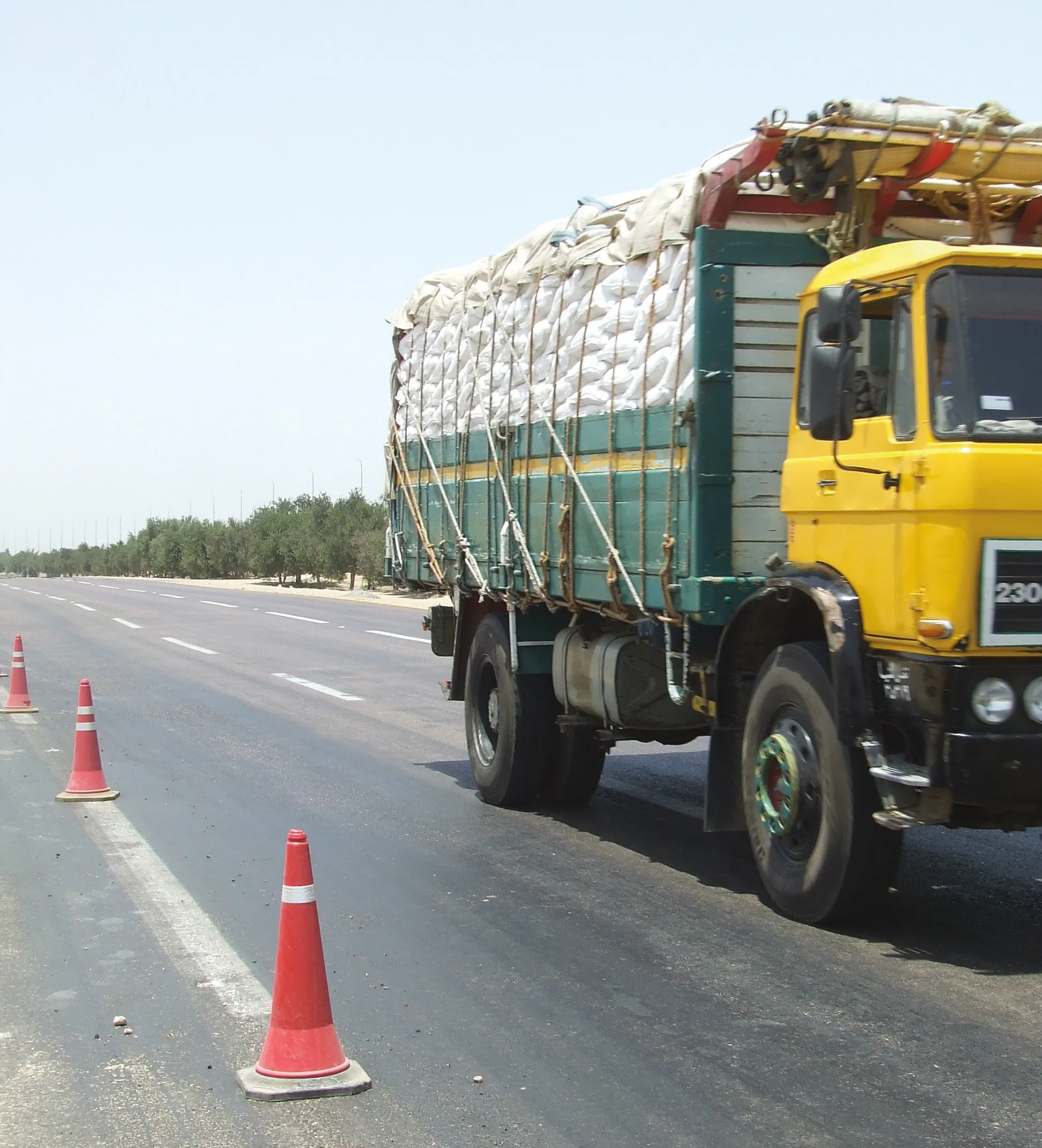Iteris has signed a definitive agreement to acquire all of the outstanding capital stock of Berkeley Transportation Systems (BTS), a privately-held specialist in transportation performance measurement, based in Berkeley, California. Since its inception in 1998, BTS has been involved in more than twenty projects and deployments, with customers ranging from the California DOT, Caltrans, and the Alaska Dept. of Transportation to the Transportation Research Board and Attikes Diadromes, operator of the Attica To
April 25, 2012
Read time: 2 mins
RSS253 Iteris has signed a definitive agreement to acquire all of the outstanding capital stock of Berkeley Transportation Systems (BTS), a privately-held specialist in transportation performance measurement, based in Berkeley, California. Since its inception in 1998, BTS has been involved in more than twenty projects and deployments, with customers ranging from 5246 Caltrans, and the 5247 Alaska Department of Transportation to the 2774 Transportation Research Board and Attikes Diadromes, operator of the Attica Tollway in Greece.
"BTS is a pioneer and leader in performance measurement systems and their capabilities are a perfect complement to our iPerform software as well as our performance measurement and management initiative as a whole," said Abbas Mohaddes, president and CEO of Iteris. "I believe this acquisition provides a key technology and a strong base from which to grow this area of our business, and is consistent with our growth strategy and to become the leader in providing information management solutions for intelligent traffic management."
Karl Petty, president and CEO of BTS commented, "We see tremendous opportunities in combining forces with Iteris to deliver performance measurement solutions to their large customer base. This includes expanding the capabilities of our products with Iteris' iPerform software to take performance measurement to new heights."
"BTS is a pioneer and leader in performance measurement systems and their capabilities are a perfect complement to our iPerform software as well as our performance measurement and management initiative as a whole," said Abbas Mohaddes, president and CEO of Iteris. "I believe this acquisition provides a key technology and a strong base from which to grow this area of our business, and is consistent with our growth strategy and to become the leader in providing information management solutions for intelligent traffic management."
Karl Petty, president and CEO of BTS commented, "We see tremendous opportunities in combining forces with Iteris to deliver performance measurement solutions to their large customer base. This includes expanding the capabilities of our products with Iteris' iPerform software to take performance measurement to new heights."









